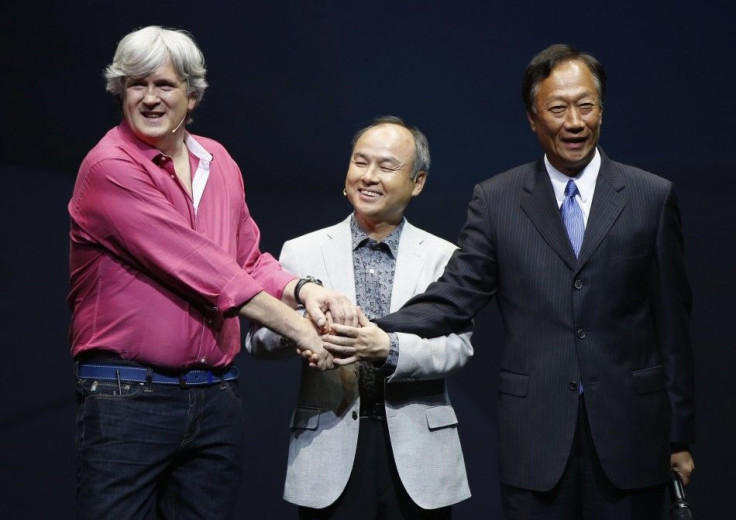Japan’s Robotic Industry Is On A Rebound

Robotics is Japan's main industry. For many years, Japan dominated other countries in robot technology and manufacturing. However, other rivals have surpassed this status.
Recently, the government has appropriated national funds to boost this industry in the hope that Japan regains its dominion. It employs around 300,000 industrial robot workers and expects the population to reach a million by 2025.
In June, Pepper, the first humanoid robot who can read human emotions, was introduced to the world. This interactive robot can converse wittingly with humans, read facial expressions, and understand body language and voice tone. It has likeable features-- a childlike voice, short built, and expressive eyes. It can perform basic house chores with delight. Manufacturers of this machine designed Pepper to be a household robot, providing the family entertainment and fun instead of doing heavy industrial tasks.
The Japanese government has other plans. It intends to build 30 million units of Pepper to reinforce Japan's workforce and to re-establish authority in the robotics field. The creation of more robots might solve problems on shrinking workforce population and the need for caregivers who would tend to elderly people.
Nextage, a robotics company, uses robots to do some of the work that humans used to handle. The manager, Toshifumi Tsuji, proudly describes how efficient these robots are even if they work for 24 hours non-stop. He also adds that the demand for humanoid robots in many companies would definitely increase the production.
The thought of having a huge population of robots with cloud-based artificial intelligence would surely cause a stir. This type of intelligence develops further as the robot interacts with people and fellow humanoid robots. In August, business magnate Elon Musk expressed his view on digitalised super intelligence. He cautions the AI community to be careful with this technology because it is potentially more hazardous than nuclear weapons.
The evolution of machines will always pose a threat to humanity. Robots have been used to make life easier for humans. Even so, making them more intelligent can also lead to harmful consequences.




















